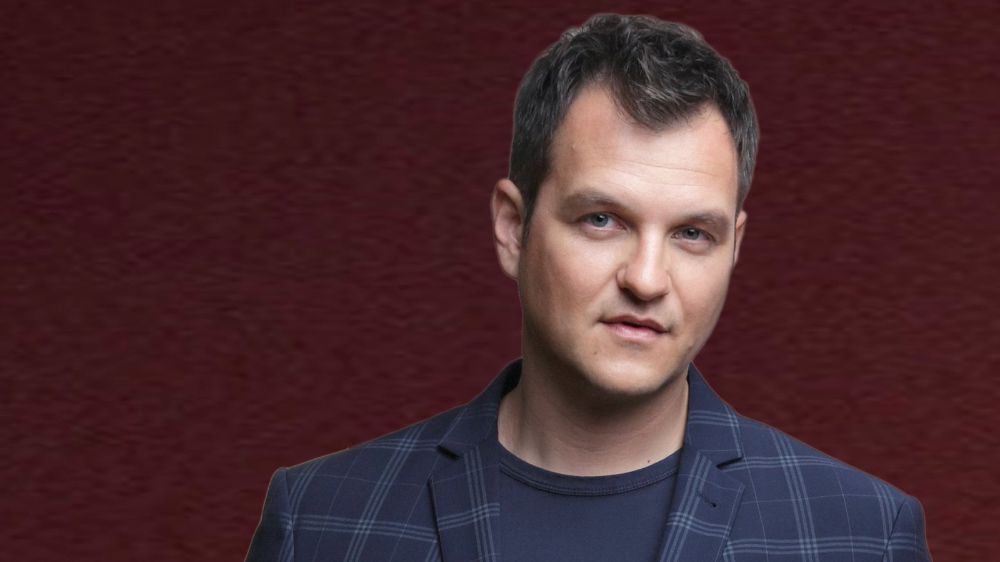On Sunday the 12th of April between 7:30 p.m. and 9:30 p.m. a classical music concert will be held at the Kölcsey Center as part of the “Bartók Spring International Arts Week”.
Featuring – Mendelssohn: Symphony No. V (D minor, “Reformation”), Op. 107 / Rossini: Stabat Mater

With the participation of Ágnes Rendes, Lúcia Megyesi Schwartz, Gergely Boncsér, Lajos Wagner – vocals / Kodály Philharmonic Orchestra Debrecen / Béla Bartók Choir of Eötvös Loránd University (choir director: László Kovács) / Kodály Choir Debrecen (choir director: Zoltán Kocsis-Holper).
Conductor: László Kovács
Tickets : 2400Ft – 3100Ft
About the concert.
Felix Mendelssohn-Bartholdy was given only thirty-eight years to create his masterpiece-rich oeuvre. His overture to A Midsummer Night’s Dream, which he premiered at the age of seventeen, was already a testimony to a perfectly trained composer with a unique voice. Music historians consider him to be one of the representatives of early Romanticism, who created works that were already thoroughly 19th century in tone and emotion, drawing on the classical and Baroque traditions.
Mendelssohn, a convert to Protestantism, composed his Fifth Symphony, known as the “Reformation”, at the young age of 22. (The somewhat misleading numbering is explained by the fact that the score was not published until two decades after the composer’s death.) This work does not have Mendelssohn’s delicately artistic voice, which depicts the fairy world and natural experiences with sensuality, but rather, in keeping with the theme, a philosophical character predominates. The piece was composed in 1830 to commemorate the 300th anniversary of the publication of the Augustinian Confession of Faith (Confessio Augustana).
Its four movements describe the struggles of the Lutheran Reformation and the characteristics of the people with the passionate melodiousness characteristic of Romanticism. The idea of the Reformation is best evoked by the final movement, which ends with a solemn march to battle, and includes the most famous Protestant chorale, ‘Strong is the fortress of our God’. The adjective “Reformation” was associated with the piece by the composer’s sister Fanny Mendelssohn.
Gioacchino Rossini, who is widely regarded as a genius (comic) opera composer, added two major masterpieces to the genre of sacred music. The Stabat Mater, based on a Latin hymn depicting the Sorrow of the Virgin, is the most popular of these, although the Petite Messe Solennelle is not absent from concert programmes. In 1831, Rossini began composing the Stabat Mater following a commission from Spain, but an unexpected illness prevented him from completing the work. At his request, his friend Giovanni Tadolini wrote the missing movements. This two-movement version was performed only once, in Madrid. After more than a decade, however, Rossini completed the score, omitting Tadolini’s movements. The premiere took place in Paris in January 1842, to the intense jealousy and envy of some of his contemporaries, including Richard Wagner. The Latin text of the Stabat Mater – attributed to Jacopone da Todi – is divided into 10 movements, performed by solo singers and mixed choir in various combinations. Rossini retains the hallmarks of his operatic style in this sacred work. While European sacred music is usually characterised by sublimity and strict formal rules, Rossini’s score abounds in bel canto melodies of sensuous beauty and bravura turns of phrase with a light hand. All its bars exemplify the Latin love of life and the ideal of beauty that transcends tragedy.
BÉLA BARTÓK CHOIR OF THE EÖTVÖS LORÁND UNIVERSITY OF SCIENCES
The choir was founded in 1948 by a law student, Gábor Baross, and since 1969 it has borne the name of Béla Bartók, with the permission of Mrs. Ditta Pásztory Bartók. Initially, the ensemble was made up of law students. In 1954, they became the Central Mixed Choir of the University. They have performed abroad many times, outside Europe in the United States and Canada. They have won prizes in several international competitions. The choir’s repertoire includes works by composers of the Renaissance and Baroque periods, as well as works by representatives of the Viennese Classicism, and regularly sings works by Zoltán Kodály and Béla Bartók, as well as works by contemporary Hungarian composers. In recent years they have been regular participants in the Budapest Spring Festival, together with the University Concert Orchestra. The artistic ensemble is led by conductor László Kovács, Liszt Prize Winner, Merited and Distinguished Artist, and its members are current and former students and lecturers of ELTE.